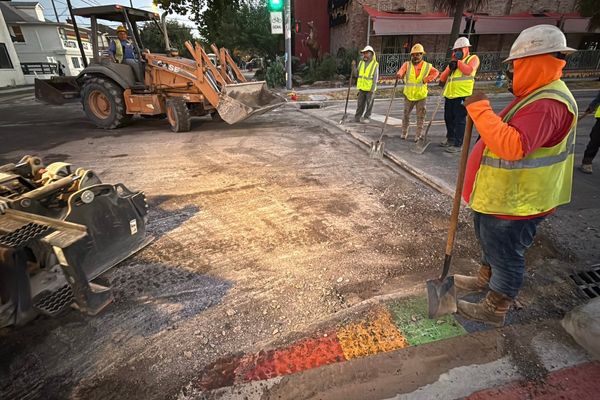
France will open its first prison dedicated to isolating the country's top 100 drug lords in July as part of efforts to stop inmates from running criminal networks from behind bars. However some unions and advocates of prison reform have expressed doubts over the initiative.
Some 17,000 people are imprisoned in France for drug trafficking and organised crime offences.
The transfer of those deemed most dangerous will begin in March, with the renovated facility set to open by 31 July, Justice Minister Gérald Darmanin said on Wednesday.
Two more similar facilities are planned over the next two years.
"We are going to take a French prison, we will empty it... secure it with specially trained prison officers, and once isolated, we will put in the 100 biggest narco-traffickers," Darmanin told Le Monde newspaper.
Darmanin said the inmates would be held in “an inviolable detention facility” where it will be “absolutely impossible” for them to receive phones or drugs, threaten officers, or communicate with the outside world.
The location of the facility has not been disclosed, but Darmanin stressed its goal: to stop inmates from orchestrating crimes from behind bars.
“What is unbearable is that prisons are no longer obstacles for most drug traffickers to continue their trafficking, assassinate, or threaten magistrates, prison officers, journalists, or lawyers,” he said.
French police hunt killers behind prison van ambush
Mixed reaction
The announcement has divided opinion.
The main prison unions expressed satisfaction. “It corresponds to a demand, we've been advocating for the creation of specialised establishments for 30 years,” said Wilfried Fonck, national secretary of the justice branch of Ufap-Unsa union.
But left-wing unions have voiced concerns.
"It looks more like a pressure cooker,” Samuel Gauthier, the general secretary of the CGT Penitentiary Union, told RFI.
“Grouping individuals involved in similar crimes into one single structure is, in our view, complicated in terms of management and will put the staff in difficult situations when dealing with this type of individual.”
Advocates of prison reform are also sceptical.
“What appears to be an innovation is, in fact, a revival of a concept abandoned in the 1980s: high-security quarters” Matthieu Quinquis, a lawyer from the International Prison Observatory, told RFI.
“They were discarded for a reason. The conditions there were a violation of the rights of detainees."
Prisons for drug-traffickers already exist in other parts of the world, particularly in South America. But Quinquis said they were not a model to follow.
"France would be in violation of all the values and principles that we have agreed to in the European Convention on Human Rights and several UN pacts," he said, citing "isolation, the crushing of individuals, and the negation of their rights".
Billion-euro industry
France’s drug trade is a billion-euro industry, generating an estimated €3 to €6 billion annually, according to a parliamentary report.
The justice ministry has allocated €4 million to the new facility, which Darmanin said can be implemented without special legislation.
Earlier this week, Darmanin travelled to the United Arab Emirates to request the extradition of 27 individuals suspected of drug trafficking.







